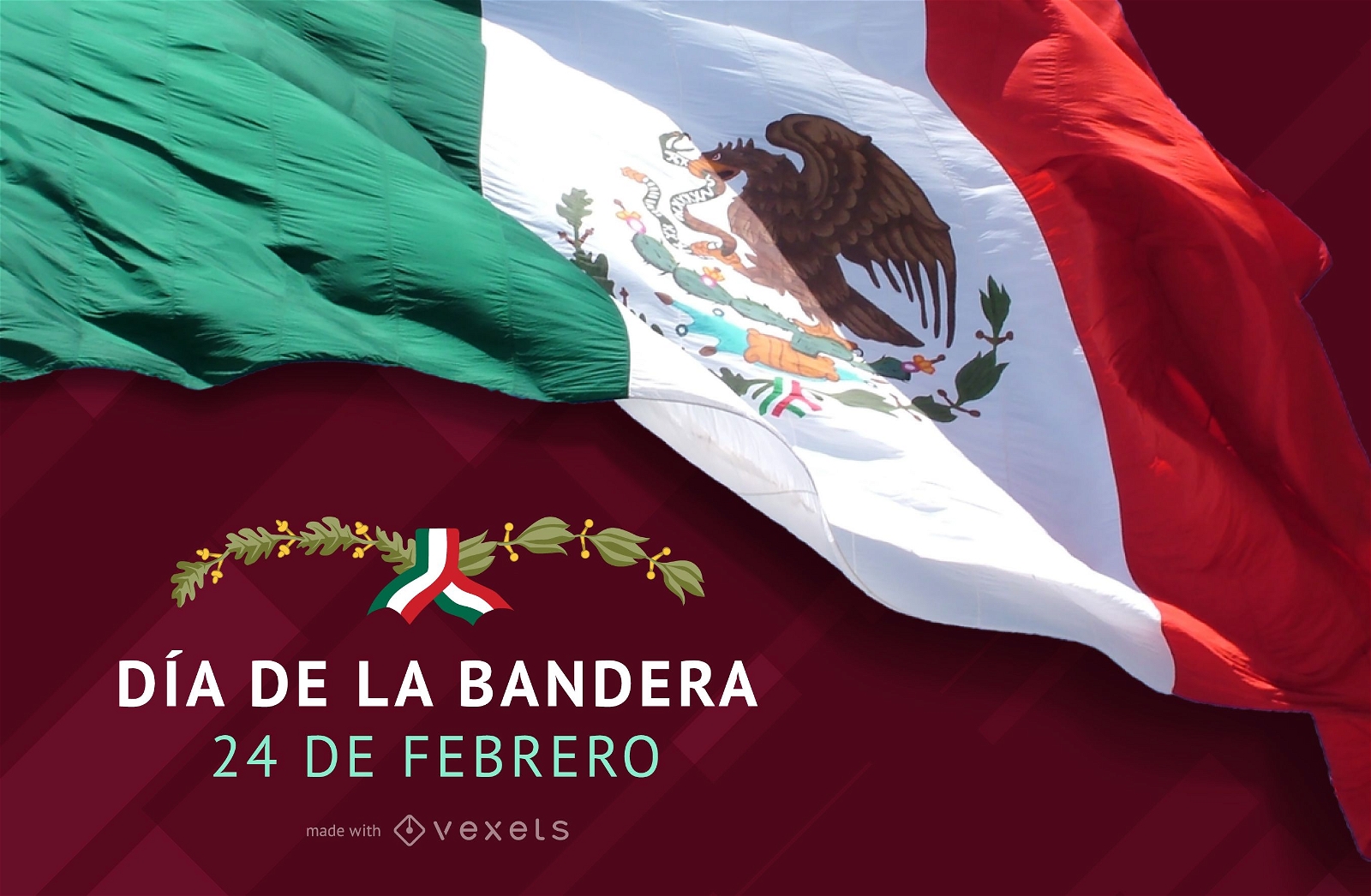The commemorative days in Mexico.
It is incredible that many Mexicans do not even know why some days they do not go to work, let me tell you: my mom and I were shopping in a supermarket and some people commented that the good thing was that on February 5 there was no work or school for what one of these people said: yes it is because the battle of Puebla is celebrated (that is May 5), for this reason I write the commemorative days of the month of FEBRUARY in Mexico, so that at least they know the reason why not going to work.
- February 2: For most well is well known the day of La Calendaria (yes, when you eat their tamales), also that day in 1852 was born the engraver, illustrator and caricaturist José Guadalupe Posada. Oh and it's also my day because I was born that day too.
- February 5: ATTENTION !!! This day marks the proclamation of the Political Constitution of the United Mexican States of 1917, which is still active in these times.
- February 10: This is the day of the Mexican Air Force, that day, but from 1944 it was when the Mexican government issued the formal recognition, at the constitutional level, of the creation of the Mexican Air Force.
- February 14: Another day that everyone surely knows, Valentine's Day or better known as the Day of Love and Friendship.
- February 19: Day of the Mexican Army, was in 1913 when Venustiano Carranza then Governor of Coahuila, decrees on February 19 of that same year the organization of the army in charge of sustaining the constitutional order of the Republic.
- February 24: Flag
Day, it was February 24, 1935 when Benito Ramírez, an employee of the
Bank of Mexico, organized an honor guard in honor of the Flag of Mexico
and this practice was continued until, in 1940, the President Lázaro Cárdenas declared that February 24 was officially Flag Day.
These are only the commemorative dates of the month of FEBRUARY, take note so that you do not fall into an error next time.







Comentarios
Publicar un comentario